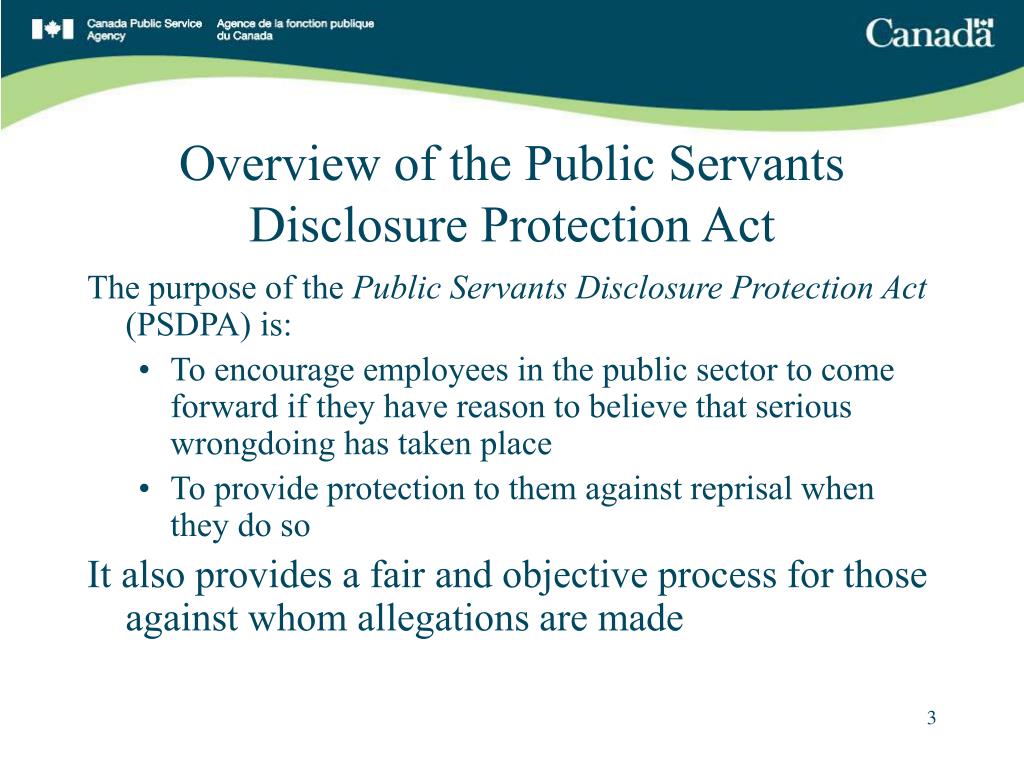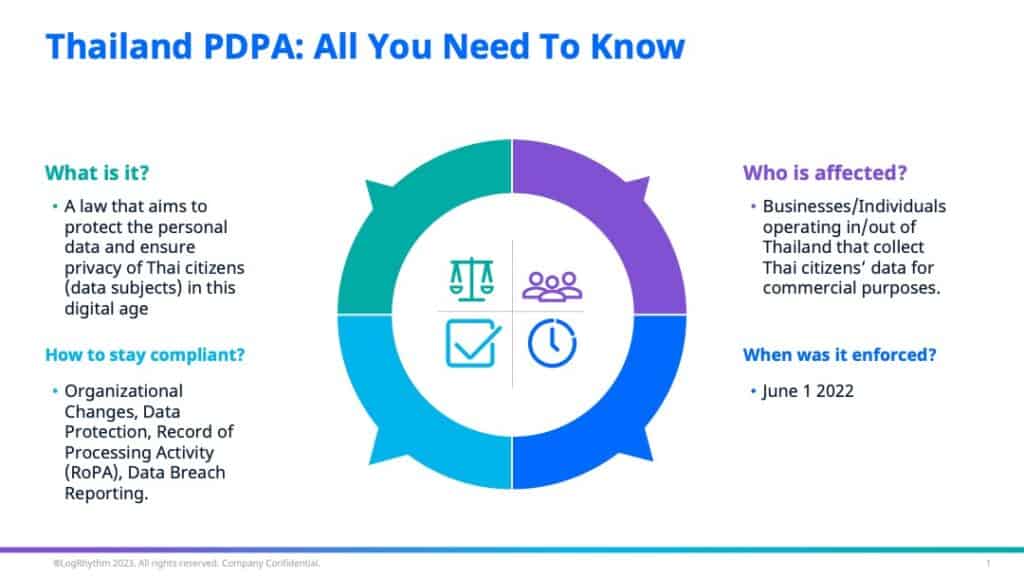Reference




OpenAI's Answer
The Public Servants Disclosure Protection Act (PSDPA) has been criticized for several reasons that have led experts to consider it ineffective:
-
Ineffectiveness in Protecting Whistleblowers: One of the major criticisms is that the PSDPA has been completely ineffective in protecting whistleblowers. The system intended to safeguard those who report wrongdoing is seen as inadequate.
-
Failure to Expose Government Misconduct: The act has been largely ineffective in exposing government misconduct. This means that while mechanisms are in place for public servants to report issues, these do not necessarily lead to corrective action or public disclosure of misconduct.
-
Lack of Trust Among Public Servants: There is a lack of trust in the PSDPA system by public servants themselves. Many do not feel confident that the system will adequately protect them or that it will handle reported wrongdoings effectively and justly.
-
Deep Flaws Recognized Internationally: International experts have identified deep flaws in the system, marking it as a problematic framework for tackling public sector malpractice.
-
Poor Ranking by International Bodies: The International Bar Association’s legal policy and research unit has ranked the PSDPA as one of the worst in the world, citing these various shortcomings.
These issues point to a broader systemic failure in ensuring that the PSDPA meets its intended objectives effectively (Wikipedia).
For further detailed insights, a report by a former whistleblower highlights the dangers of Canada's whistleblowing laws, including the PSDPA, elaborating on why these laws remain largely nonfunctional (OHS Canada).
Follow Up
Related
Question 2 [50 marks] Case Study 2: Mike’s General Dealer Mike Rush and his family own a General D
What historical event does Neda Ulaby reference in the NPR piece from May 2008?
CHAPTER 2 - Literature Review 2.1. Introduction This chapter undertakes a review of literature to
What does liquidity at risk consider when assessing a country's liquidity position?
WHO IS JOSE RIZAL?